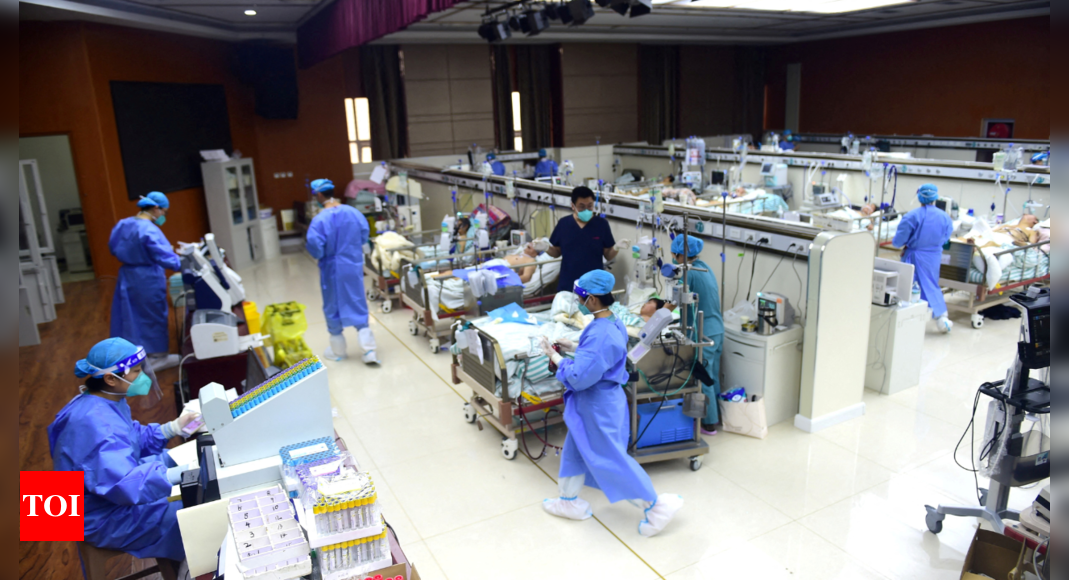
In a bid to boost foreign investment, China announced on Sunday that it will permit the establishment of wholly foreign-owned hospitals in nine regions, including the capital, Beijing.
According to an official document, the move is aimed at “introducing foreign investment to promote the high-quality development of China’s medical-related fields, and better meet the medical and health needs of the people.” The policy is set to pilot the expansion of foreign participation in the healthcare sector.
The new policy allows the creation of fully foreign-owned hospitals in several prosperous cities and provinces across eastern and southern China, including Beijing, Tianjin, Shanghai, Nanjing, Suzhou, Fuzhou, Guangzhou, Shenzhen, and Hainan. However, the document clarified that this policy excludes hospitals that specialize in traditional Chinese medicine and prohibits foreign mergers and acquisitions of public hospitals. Detailed guidelines regarding the specific requirements and procedures for establishing these hospitals are expected soon.
Additionally, the policy will enable foreign-invested companies to engage in the development and application of gene and stem cell technologies for diagnosis and treatment in pilot free-trade zones located in Beijing, Shanghai, Guangdong, and Hainan. This includes the registration, marketing, and nationwide sale of related products.
The easing of restrictions on foreign investment in these medical fields comes as China’s economy, the second largest in the world, faces increasing challenges, including declining foreign business sentiment that is seen as a potential threat to growth.
According to an official document, the move is aimed at “introducing foreign investment to promote the high-quality development of China’s medical-related fields, and better meet the medical and health needs of the people.” The policy is set to pilot the expansion of foreign participation in the healthcare sector.
The new policy allows the creation of fully foreign-owned hospitals in several prosperous cities and provinces across eastern and southern China, including Beijing, Tianjin, Shanghai, Nanjing, Suzhou, Fuzhou, Guangzhou, Shenzhen, and Hainan. However, the document clarified that this policy excludes hospitals that specialize in traditional Chinese medicine and prohibits foreign mergers and acquisitions of public hospitals. Detailed guidelines regarding the specific requirements and procedures for establishing these hospitals are expected soon.
Additionally, the policy will enable foreign-invested companies to engage in the development and application of gene and stem cell technologies for diagnosis and treatment in pilot free-trade zones located in Beijing, Shanghai, Guangdong, and Hainan. This includes the registration, marketing, and nationwide sale of related products.
The easing of restrictions on foreign investment in these medical fields comes as China’s economy, the second largest in the world, faces increasing challenges, including declining foreign business sentiment that is seen as a potential threat to growth.









